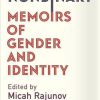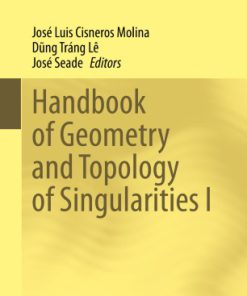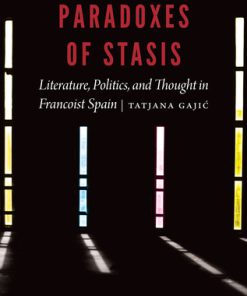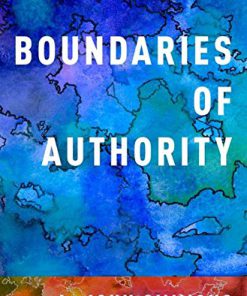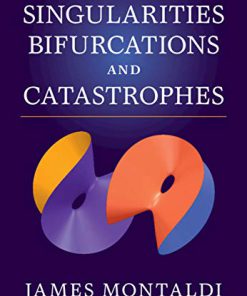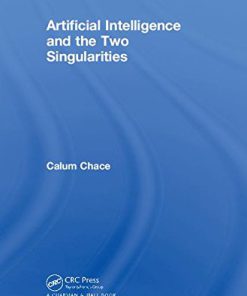Semantic Singularities Paradoxes of Reference Predication and Truth 1st edition by Keith Simmons 0192509208 9780192509208
$50.00 Original price was: $50.00.$25.00Current price is: $25.00.
Semantic Singularities: Paradoxes of Reference, Predication, and Truth 1st edition by Keith Simmons – Ebook PDF Instant Download/DeliveryISBN: 0192509208, 9780192509208
Full download Semantic Singularities: Paradoxes of Reference, Predication, and Truth 1st edition after payment.
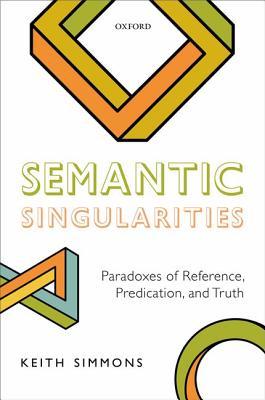
Product details:
ISBN-10 : 0192509208
ISBN-13 : 9780192509208
Author: Keith Simmons
This book aims to provide a solution to the semantic paradoxes. It argues for a unified solution to the paradoxes generated by our concepts of denotation, predicate extension, and truth. The solution makes two main claims. The first is that our semantic expressions ‘denotes’, ‘extension’ and ‘true’ are context-sensitive. The second, inspired by a brief, tantalizing remark of Gödel’s, is that these expressions are significant everywhere except for certain singularities, in analogy with division by zero. A formal theory of singularities is presented and applied to a wide variety of versions of the definability paradoxes, Russell’s paradox, and the Liar paradox. Keith Simmons argues that the singularity theory satisfies the following desiderata: it recognizes that the proper setting of the semantic paradoxes is natural language, not regimented formal languages; it minimizes any revision to our semantic concepts; it respects as far as possible Tarski’s intuition that natural languages are universal; it responds adequately to the threat of revenge paradoxes; and it preserves classical logic and semantics. Simmons draws out the consequences of the singularity theory for deflationary views of our semantic concepts, and concludes that if we accept the singularity theory, we must reject deflationism.
Semantic Singularities: Paradoxes of Reference, Predication, and Truth 1st Table of contents:
1. Semantic Paradox
1.1 Three Paradoxes
1.2 Ramsey’s Division
1.3 Universality
1.4 The Plan of This Book
2. Paradox and Context
2.1 Introduction
2.2 Repetition, Rehabilitation, Iteration
2.3 Context-change and Discourse Analysis
2.4 Context-change and Repetition
2.5 The Action of Context on Content
2.6 Reflective Status as a Contextual Coordinate
2.7 Four Tests for Context-sensitivity
2.8 A Simple Russell
2.9 A Simple Liar
3. Singularities
3.1 Minimality and Singularities
3.2 Reflective Status
3.3 More on Singularities
4. Identifying Singularities
4.1 Primary Trees
4.2 Singularities and Semantic Universality
4.3 Comparisons
5. Paradoxes of Definability, Russell’s Paradox, the Liar
5.1 Paradoxes of Definability
5.2 Russell’s Paradox
5.3 The Liar Paradox
6. A General Theory of Singularities
6.1 Preliminaries
6.2 Basic Notions
6.3 The 0-expressions
6.4 The Reflective Hierarchy
6.5 Reflection-free Expressions and Singularities
6.6 Higher Levels of the Reflective Hierarchy
6.7 Summary
7. The Theory at Work
7.1 A Transfinite Paradox of Denotation
7.2 The Truth-Teller, a Curry Sentence, Loops
7.3 New Paradoxes without Circularity
8. Revenge, I
8.1 Forms of Revenge
8.2 Kripke’s Theory of Truth
8.3 Field’s Theory of Truth
8.4 Dialetheism and Revenge
9. Revenge, II
9.1 Contextual Theories and Direct Revenge
9.2 Contextual Theories and Second-order Revenge
9.3 The Singularity Theory and Revenge
9.4 Summary
10. Consequences for Deflationism
10.1 Deflationary Truth
10.2 Deflationism Extended
10.3 Deflationism and Semantic Paradox
10.4 Three Deflationist Responses
10.5 The Expressive Role of Truth
10.6 The Prosentential Theory and Horwich’s Minimalism
10.7 Concluding Remarks
People also search for Semantic Singularities: Paradoxes of Reference, Predication, and Truth 1st:
a semantic sign
a semantic meaning
a semantic network
semantic singularity
c. semantic encoding
Tags: Semantic Singularities, Paradoxes, Reference, Predication, Truth, Keith Simmons
You may also like…
Politics & Philosophy - European & American Philosophy
Mathematics - Geometry and Topology
Politics & Philosophy - Anthropology
Poetry - American Poetry
Politics & Philosophy - Social Sciences
Boundaries of Authority 1st Edition by John Simmons 0190603488 9780190603489
Mathematics - Geometry and Topology
Singularities Bifurcations and Catastrophes 1st Edition Montaldi
Computers - Artificial Intelligence (AI)
Artificial Intelligence and the Two Singularities 1st Edition Calum Chace
Cookbooks



